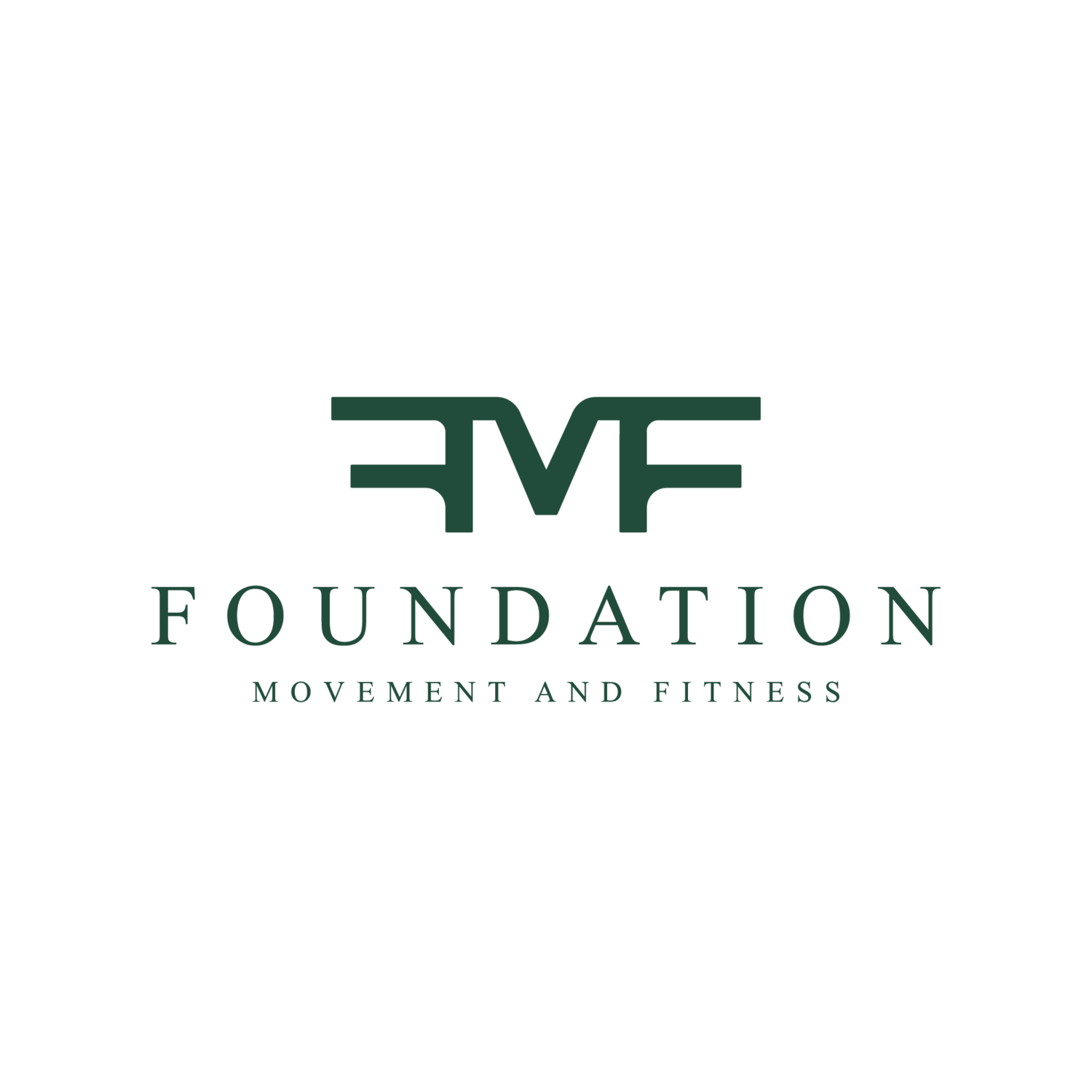Stress.
A word we hear everyday. “I’m stressed”, “Work is stressful”, “My kids stress me out”
We live in a society that is fast paced and oftentimes “the grind” is praised. The idea that doing more and more while working harder and harder and putting in more hours is proof of success and superiority.
Sometimes this is referred to as “hustle culture”. But is this really healthy or helpful?
Many people are saying no. By focusing so heavily on going and going without any rest, one is neglecting their health and well being both mentally and physically. Without maintaining one’s own health, it’s really hard to support and be present for others. It also doesn’t allow one to really enjoy life and be present.
A Forbes article reported that “77% of people have experienced burnout at their job and 42% have left their jobs because they felt burned out” (Rozentals, 2022). That’s a lot of people!
So what exactly is stress on a physiological level?
A part of your brain called the hypothalamus releases hormones into your body when you perceive a threat. There are two hormones we hear about often: adrenaline and cortisol. They come from your adrenal glands and instruct your body to do numerous things such as increase your heart rate, produce blood sugar, and tense your muscles.
This system is designed to help protect you from whatever perceived threat you are up against. However, your body does not expect you to be under “chronic” stress. Chronic stress means experiencing this systemic response very frequently or all the time. As you can imagine, this means some things are bound to go wrong internally.
In regards to your muscles, being under chronic stress can result in tight and stiff muscles. This is problematic and easily causes dysfunction during movement which leads to one problem after another in the musculoskeletal system which is our area of expertise at FMF.
Therefore, you can argue that there’s a pretty direct link between things like hustle culture which manifests as chronic stress as physical injuries/movement dysfunction.
So what do we do about that?
Well, oftentimes you hear about people using working out as a way to relieve or manage stress. Let’s talk about that.
According to Harvard Health, exercise can absolutely help with stress management! Exercise reduces the stress hormones adrenaline and cortisol as well as produces endorphins thereby reducing stress on a physiological level (2020).
Additionally, doing regular exercise that includes stretching to warm up and a good corrective movement routine will help to prevent and rehabilitate injuries. In our corrective movement programming at FMF we include everything needed for our individualized clients' health by taking into account external factors such as stress and this is why. As you can see, someone with high levels of stress or chronic stress from things like work directly impacts what they will need in their programming so we do a full intake when starting new clients addressing lifestyle.
Furthermore, stress can be influenced by other mental illnesses! That is why we take mental health into such consideration at FMF.
It is important, however, to understand that exercise is not always the answer to increased levels or stress. Regular exercise is effective at regulating stress levels. But intense exercise is not necessarily a good response to intense levels of stress.
By this I mean that if you are having an unusually stressful day or few days, going and banging out a super intense workout at the gym could do more harm than good. This is where the idea of balance comes in as well as the idea of de-load weeks and movement days.
When you’re under an unusual amount of stress, sometimes the best thing to do is rest. Along with rest, it might be good to add in some light movement such as going through some corrective movement, practicing some core bracing and breathing and doing some extended stretching with breathing.
Here are a few great options:
Puppy Pose
Sleeper Stretch
90/90s
Now let’s address the de-load week. Typically, de-load weeks are built into long term strength training programs. Programs usually go 4-6 weeks to allow for progressive overload and your body to adapt to it and then provide new stimulation. In a new program, one would usually have a de-load week where they go light on all the lifts to have a bit of a rest. Then weeks 2-6 should increase intensity week to week ending with maxing out on the final week. Then rinse and repeat!
When considering stress, sometimes it can be helpful to take a sort of de-load week at any time in a program and drop the weight or intensity for a little while to give the body the movement it needs to help with the stress but not go too hard as to overwhelm the nervous system.
So in conclusion, stress can have all sorts of effects on the body and mind. It’s important to practice regulating stress and thoughtful exercise can absolutely help with that! Hopefully this was helpful and is something you can all apply to your lives!
Remember, hustle culture is not it! We are not meant to be in constant states of stress. There is so much more to life than overworking ourselves.
Until next time,
Sabrina
Exercising to relax - harvard health publishing. Harvard Health. (2020, July 7). Retrieved February 5, 2023, from https://www.health.harvard.edu/staying-healthy/exercising-to-relax
Rozentals, A. (2022, October 12). Council post: The hustle culture has no future-enter the break culture. Forbes. Retrieved February 5, 2023, from https://www.forbes.com/sites/forbesbusinesscouncil/2022/04/29/the-hustle-culture-has-no-future-enter-the-break-culture/?sh=4204027418ca
